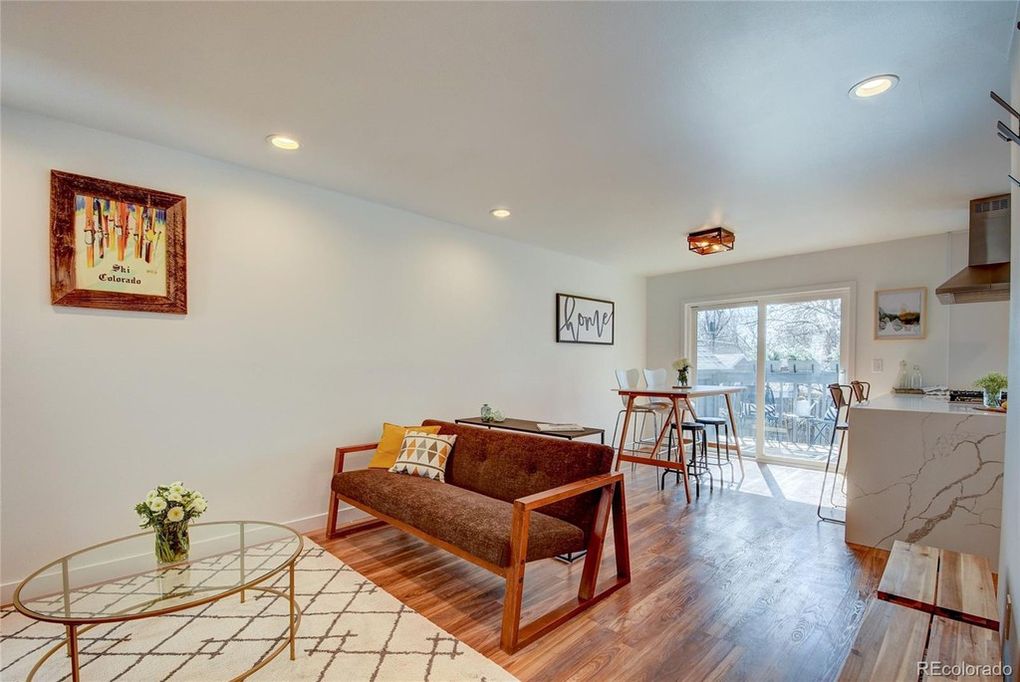You’ve gone through the hard work of purchasing an investment property, likely rehabbing it to bring your house up to speed with (or beyond) neighboring properties, and are now readying to list it for sale. As we detailed in our When the Price is Right! blog post from August, strategically marketing and listing your property is just as important as all of the rehab and hard work that you’ve already put into it. One fundamental aspect of this final step is whether or not you should stage your property. The staging, or lack thereof, will play a subtle but central role when photos of your property are used for online listings or as potential buyers walk through the site.
Traditionally, all Sellers opted to stage their property before listing it, as this was very much the norm in the industry. In the current environment though, we’ve begun to see Sellers steering away from staging their properties and instead choosing to save those funds, ultimately hoping that the high demand paired with the low inventory will drive a quick sale of the house. Both options have their advantages and disadvantages, as explored below.
Advantages of Staging: For staging, we first and foremost recommend being on par with what your competitors in the neighborhood are doing. If they are choosing to stage, we highly recommend you do as well, as Buyers may otherwise subconsciously wonder what your home is lacking (given they’ve been touring multiple other properties with furniture staged).
Secondly, staging your house with appropriate furniture can actually add to the ‘trend factor’ you’re looking for, as the furniture can augment the tone/aesthetic you may be trying to portray. This can be especially if you are trying to modernize a historic home or market towards a specific buyer demographic. In fact, utilizing trendy finishings & furniture can actually create a uniquely beautiful design when pairing these elements with a historically structured home. In the example below, the Seller maintained the original arch and cabinetry, but contemporize by staging with clean, modern furniture and accent pieces.
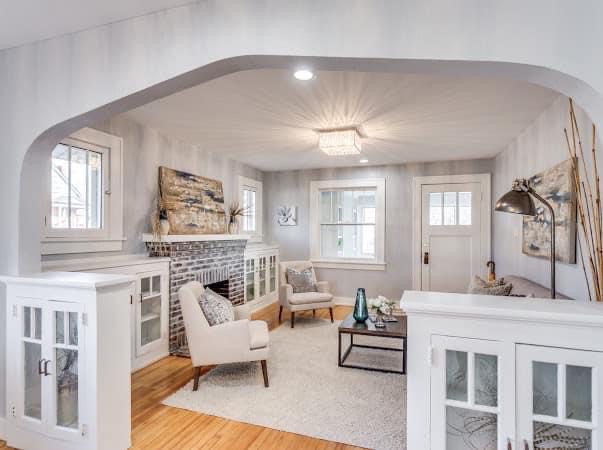
Furthermore, staging also helps a small area feel larger. It helps define the area and encourages the potential buyer to visualize what they can make out of the space by giving each room a clear purpose. If there is something funky about the layout of the home (perhaps a small room at front of house), use furniture to define this space (put seating & a small coffee table in to define the space as a parlor room). Make sure though, especially with smaller spaces, to strategically stage by following common practices such as using multi-functional furniture, basic tones, a monochromatic color scheme, and avoid clutter by all means. The pictures below show a small, yet functional home that used furniture to define the living spaces, while also modernize the home.
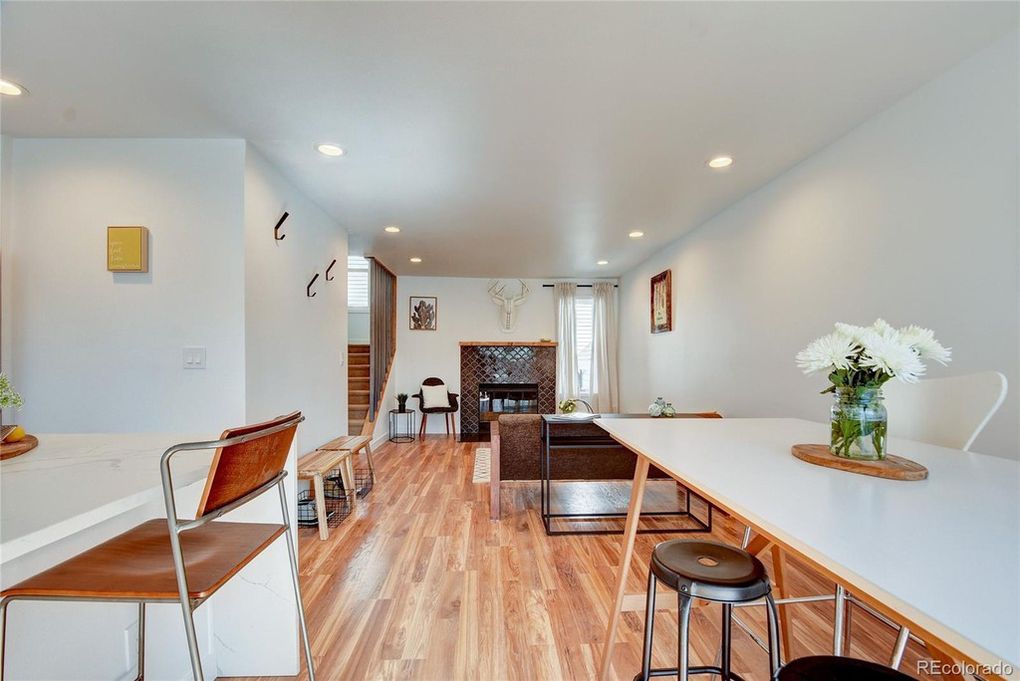
At the same time, staging can also be helpful for large spaces that otherwise may feel void without furniture to ‘cozy it up’. Certain large areas are also hard to define in a buyer’s mind, especially when the floor plan is open (if your kitchen blends into the living room or dining room area, define this by adding couches or a dining table to help buyers visualize what your intentions are).
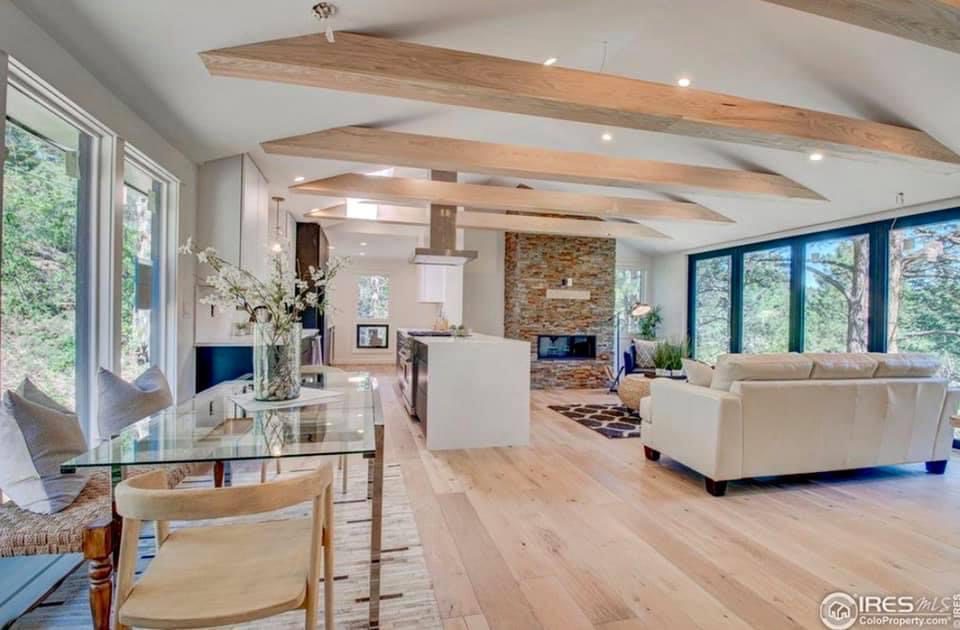
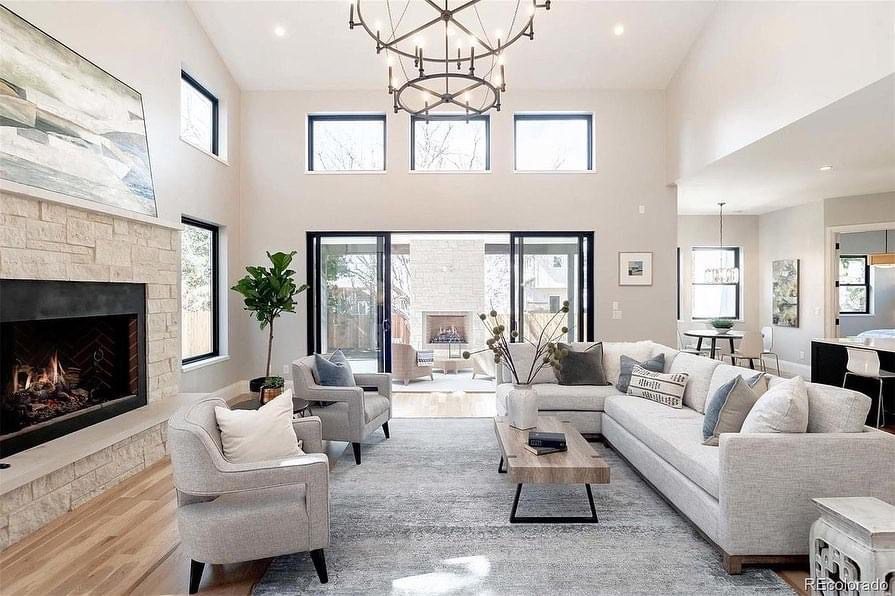
Advantages of Not-Staging: As we mentioned above, the economics of the market you’re in may warrant that if demand is high enough while paired with low housing inventory, buyers are moving quickly and they may not care about staging (some buyers are purchasing sight unseen, as well). This obviously helps you save money, as you’re not spending the $500-$2K it typically costs to stage a house. Further, you always have the option to start with no staging, then see whether buyers are responding & switch to staging your property at a later date. The home shown below was sold unstaged and buyers had no qualms deciding what the purposes of the rooms were or how they would design the interior.
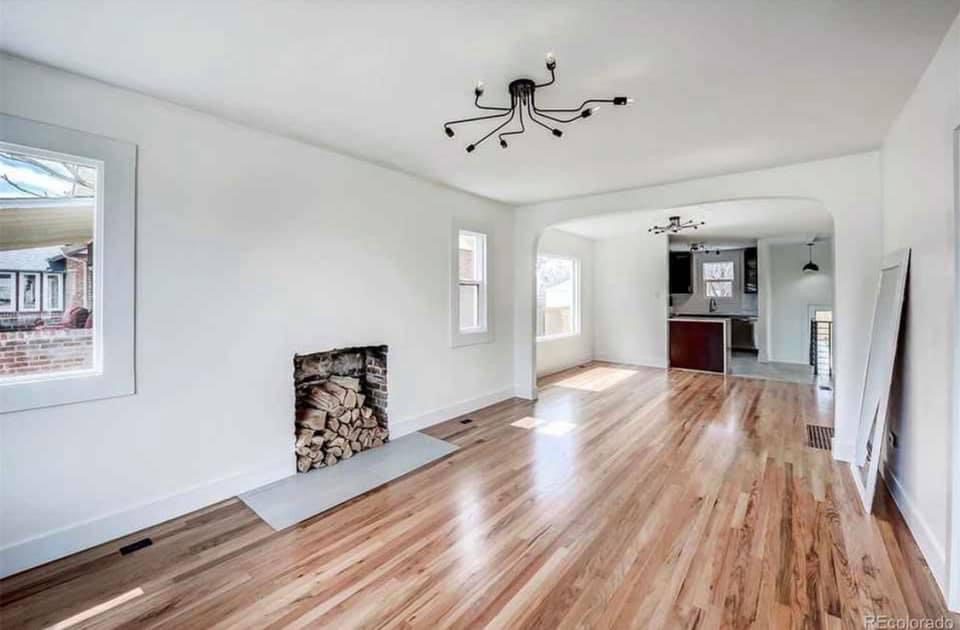
Our Recommendation: While each geography and specific house brings a unique case of ‘To Stage or Not to Stage’, we always recommend budgeting for staging when you’re first outlining your investment budget. The worst place you can find yourself in is getting to this 99th yard line, yet not having the funds to stage and having your house sit on the market for far longer than it should be.
Take care,
The Merchants Mortgage Team
